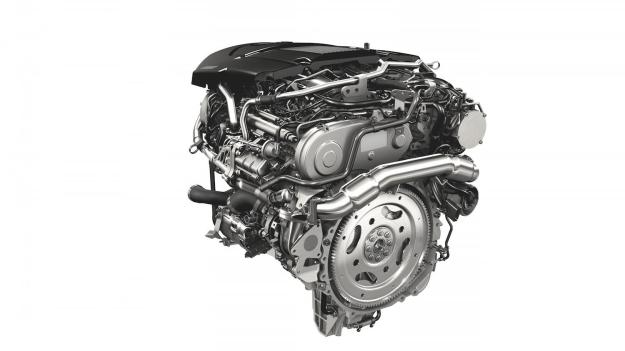
Recently, we had reported that the new European Union automotive emissions standards would mean that cars like the Land Rover V6 diesel hybrids would be making their way Stateside. The new emissions regulations would set the average fleet CO2 emissions to 95 grams per kilometer, similar to that of the stringent U.S. regulations, allowing automakers to easily comply with both, opening up the market across the pond.
Today we have learned that Germany moved late to block the standards, which would go into effect in 2020. German Chancellor Angela Merkel accused the standards of unfairly favoring PSA Peugeot-Citroen and Fiat, as those automakers, unlike Germany’s big brands, make small, efficient cars, making compliance easy.
Merkel believes the new regulations would cost Germans their jobs in the automotive sector. “At a time when we’re spending days sitting here talking about employment, we have to take care that, notwithstanding the need to make progress on environmental protection, we don’t weaken our own industrial base,” Merkel said in a European Automotive News report.
Ford, along with eco activists, isn’t happy with Germany’s last minute move. “As a company committed to meaningful CO2 emission reductions through advanced technology, Ford is disappointed. We will now have to regroup within the industry to determine the next steps,” Ford said.
Does this mean that the new diesel products we were hoping to see head Stateside in the next few years will be curbed? Most likely. Automakers aren’t keen on spending money to clean up their vehicles if they don’t have to, sadly. Some might continue on the original path but surely others will sit back on their laurels for the time being and do nothing more.
Editors' Recommendations
- Ford delays the launch of its robocar services by a year
- Ford, Honda, BMW, and Volkswagen reach deal with California on emissions


